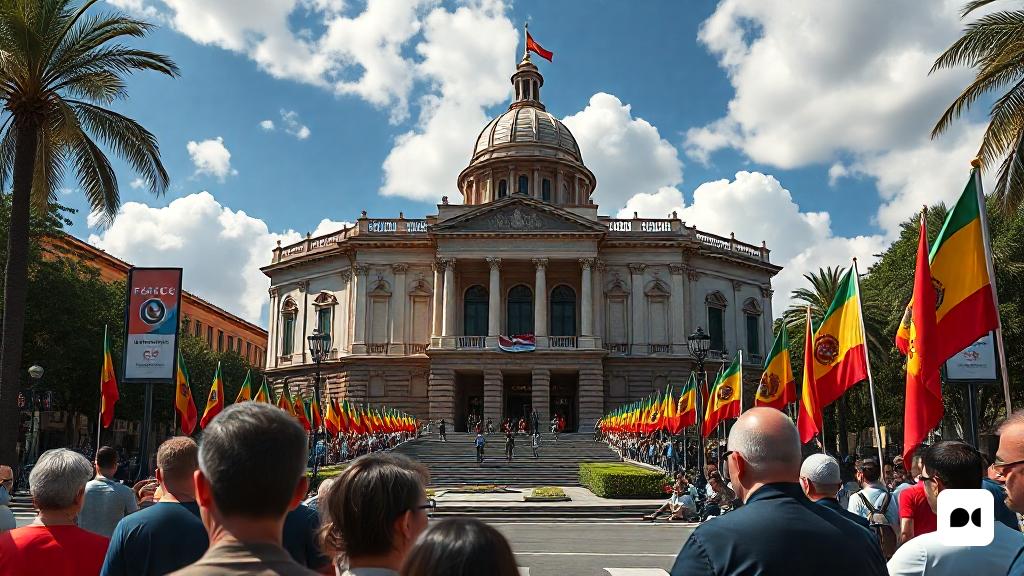The context of an autonomist government
Under Salvador Illa, the current government of Catalonia is emerging as a clear exponent of autonomism, a phenomenon that has characterized Catalan politics for several decades. Although Illa comes from the PSC, his administration cannot be strictly classified as socialist or liberal, but rather as an administration that prioritizes order and political stability within the framework of Spanish autonomism.
The legacy of previous governments
Since 1980, most governments in Catalonia have adopted an autonomist approach, including figures such as Pere Aragonès and Quim Torra. This tradition dates back even to the times of the Second Republic and the Mancomunitat, where autonomism has been the constant, regardless of the ideological differences between the leaders.
Composition of the government: a melting pot of forces
Illa’s cabinet stands out for the inclusion of ministers from the defunct CiU, bringing a socio-convergent tone to his administration. Figures such as Ramon Espadaler, Jaume Duch and Miquel Sàmper are emblematic of this mix, reflecting the continuity between PSC and CiU as fundamental political forces in the defence of the Spanish constitutional order.
Ramon Espadaler: a politician with a long career
Espadaler, who has held several positions in the past, represents the survival of moderate Catalanism that seeks regeneration within the Spanish political structure, without engaging in actions that could alter the status quo.
Jaume Duch and Miquel Sàmper: connections with the past
Both councilors bring important experience and connections, Duch being a former spokesperson for the European Parliament and Sàmper a former member of the CDC, whose political evolution has been marked by internal tensions.
Challenges on the horizon: change or continuity?
The real challenge for Illa lies in his ability to maintain Catalan identity in a context that has historically shown resistance to significant change. Although his initial rhetoric suggests an openness towards the Catalan nation, the implementation of policies in sensitive areas such as language and culture will be crucial to assess his commitment to Catalan identity.
Expectations and criticisms
Illa’s early decisions have sparked criticism, including his failure to attend important commemorations and accusations of nepotism in his cabinet. These actions have raised questions about his ability to lead with conviction at such a delicate moment.
An uncertain future
As Salvador Illa’s government takes hold, attention will focus on how he will navigate the complexities of Catalan autonomy and identity. The ability to adapt to circumstances, as demonstrated in his previous track record, will be a determining factor for the success of his administration and for Catalonia’s political future.

